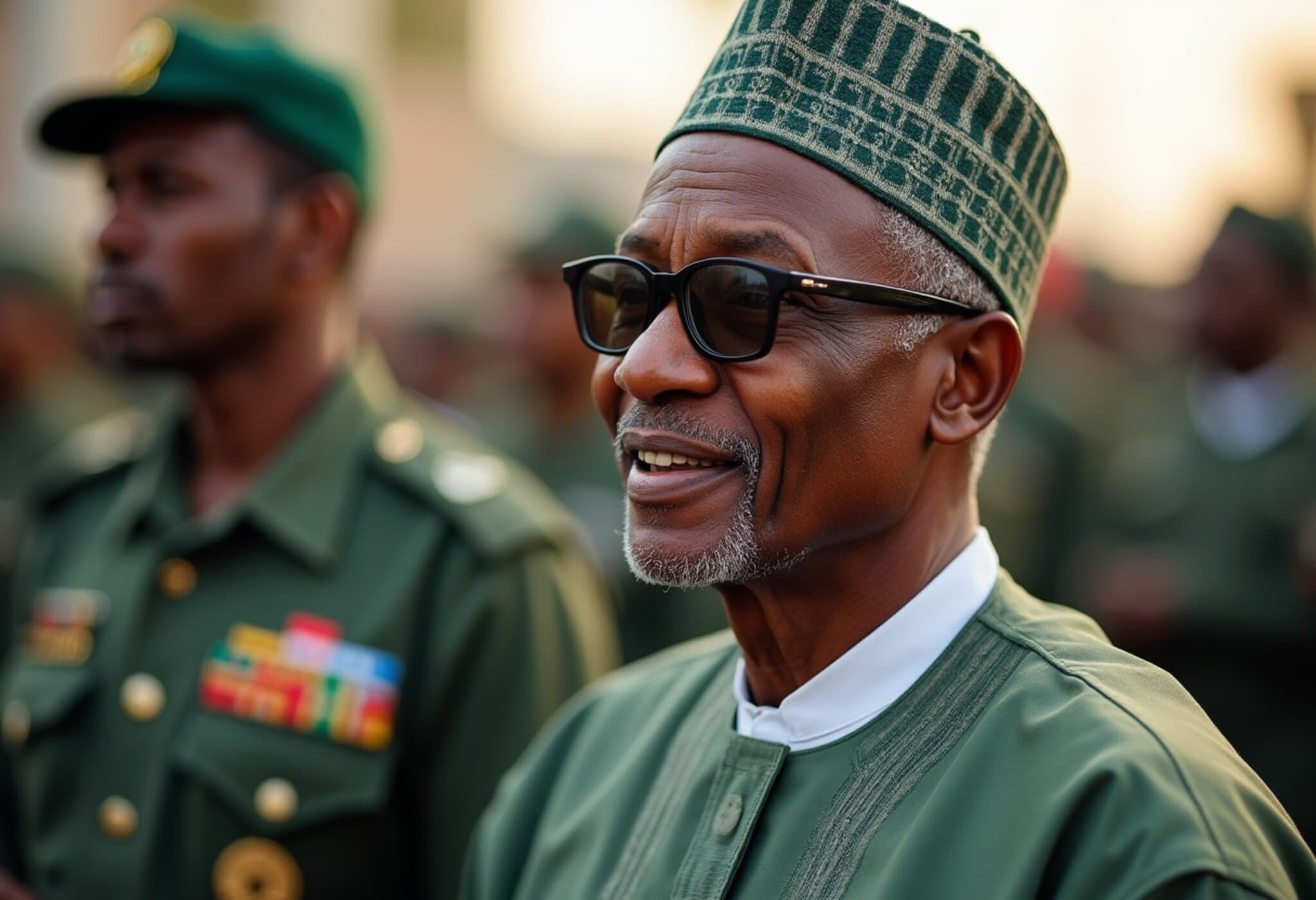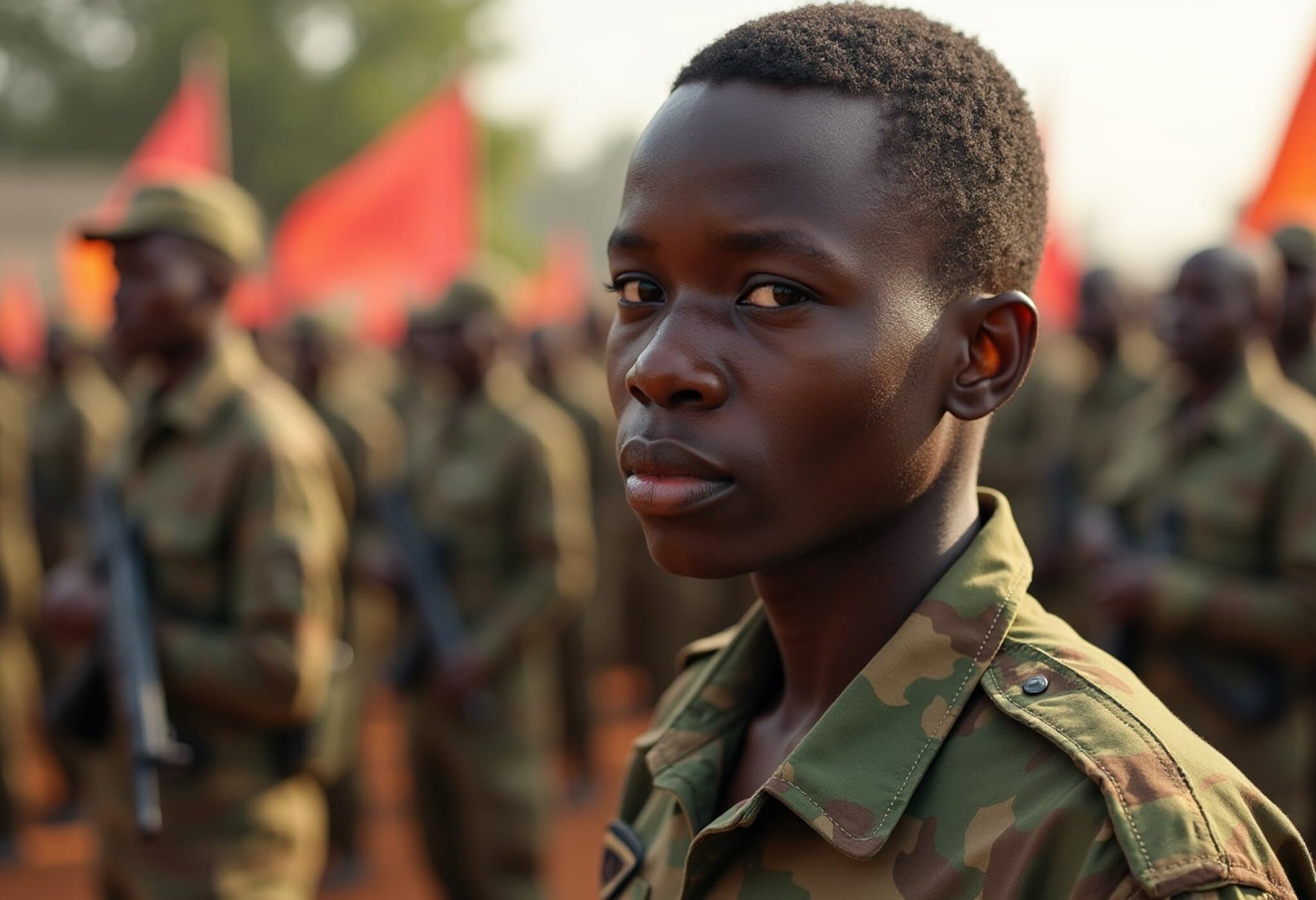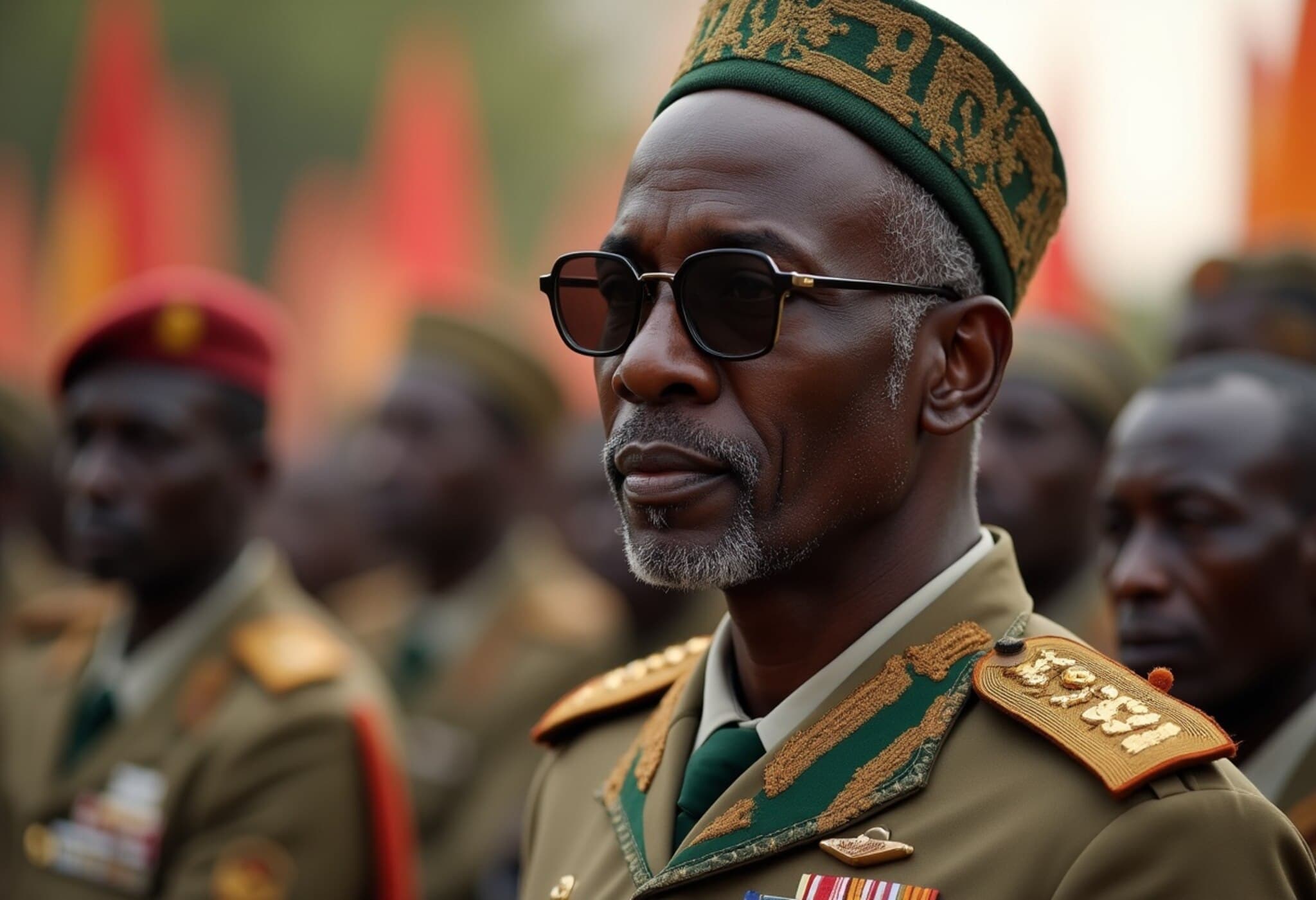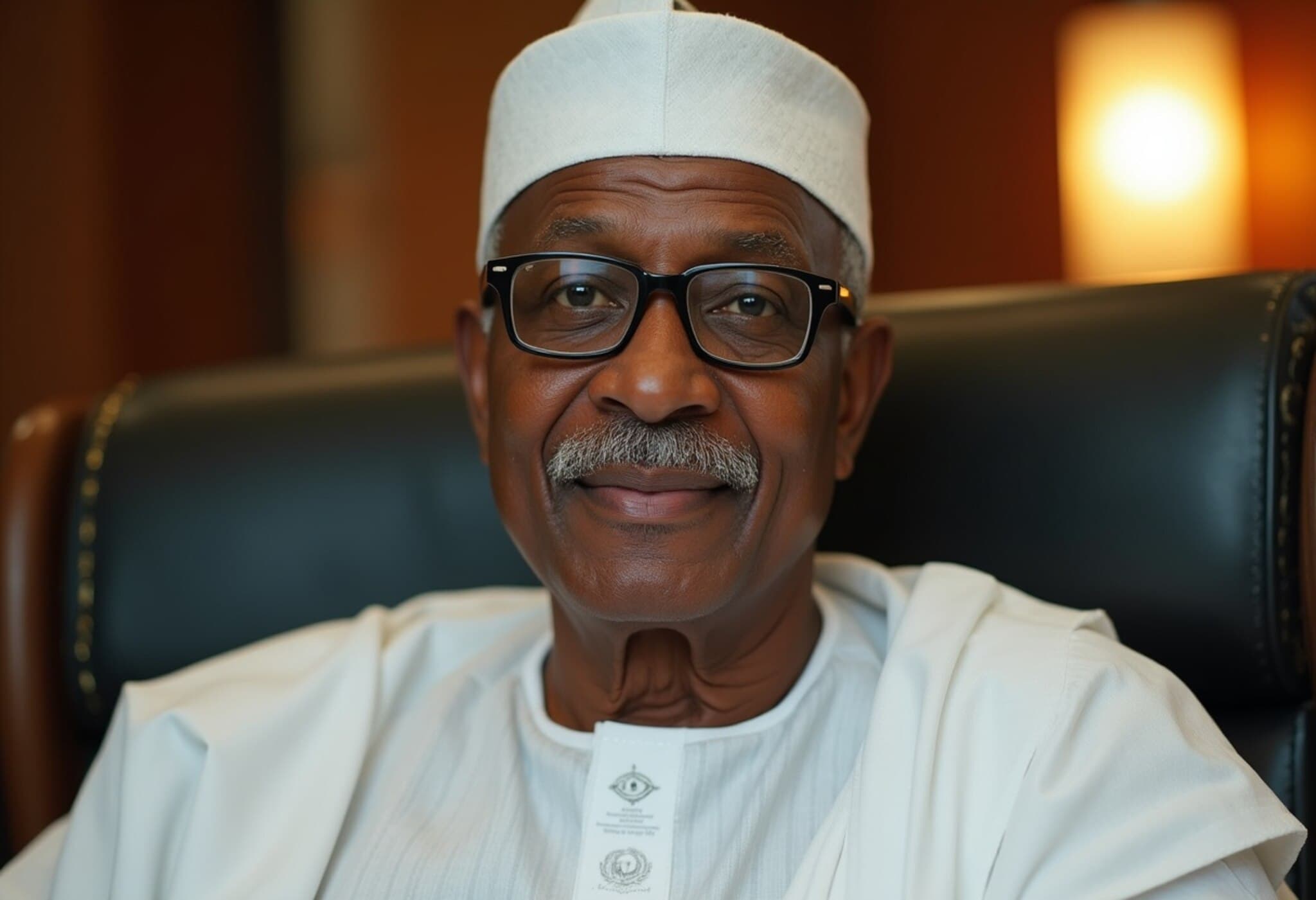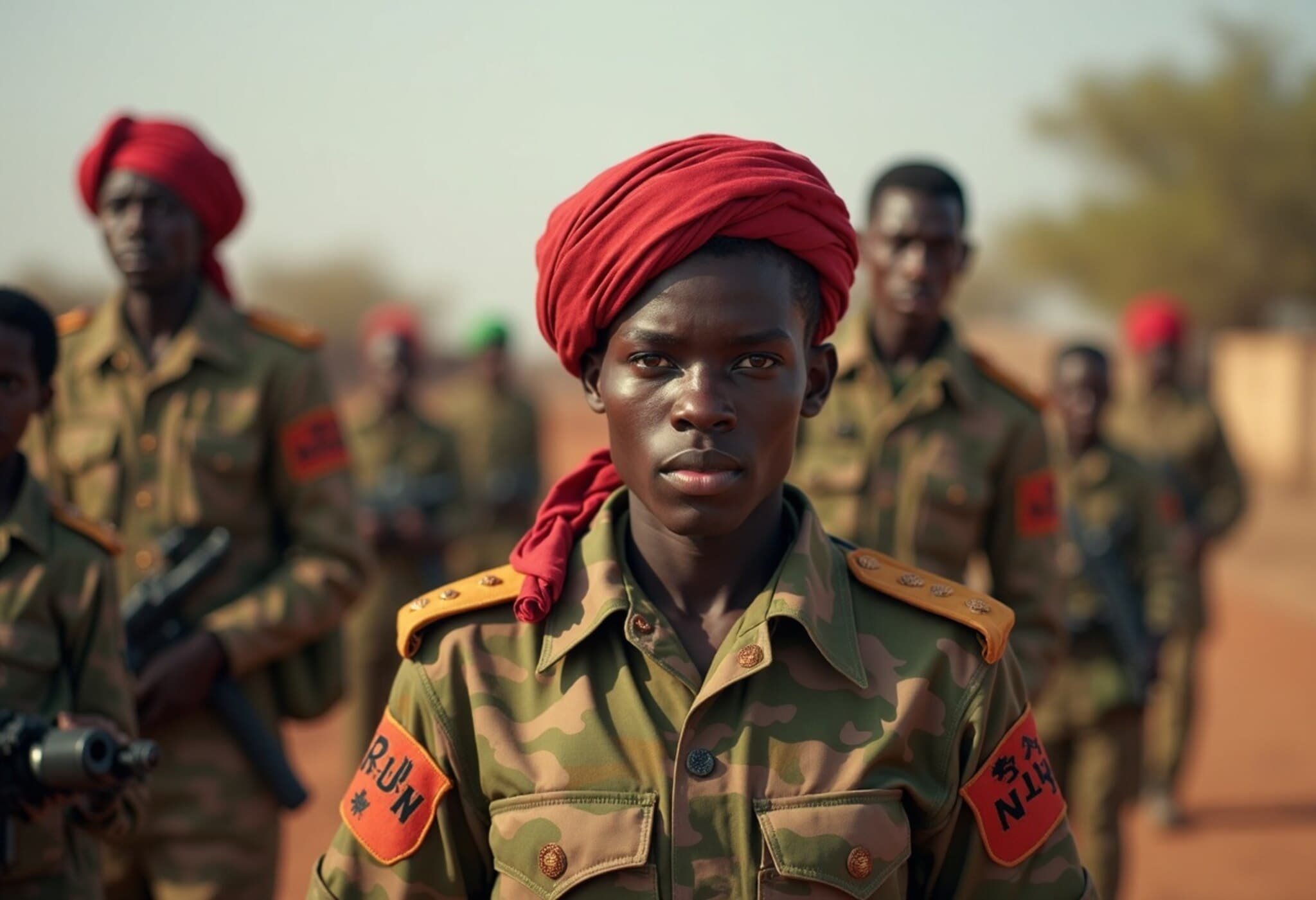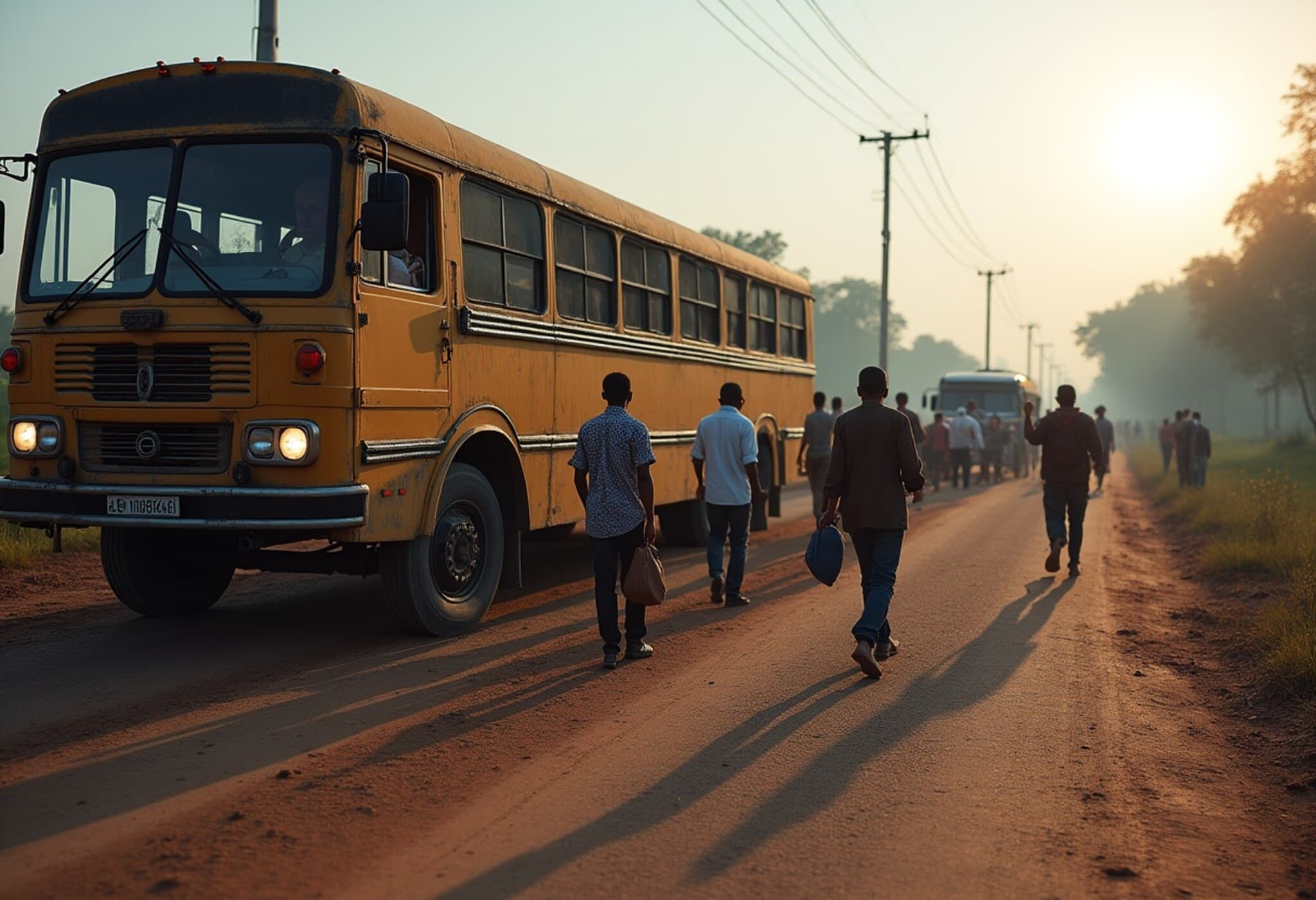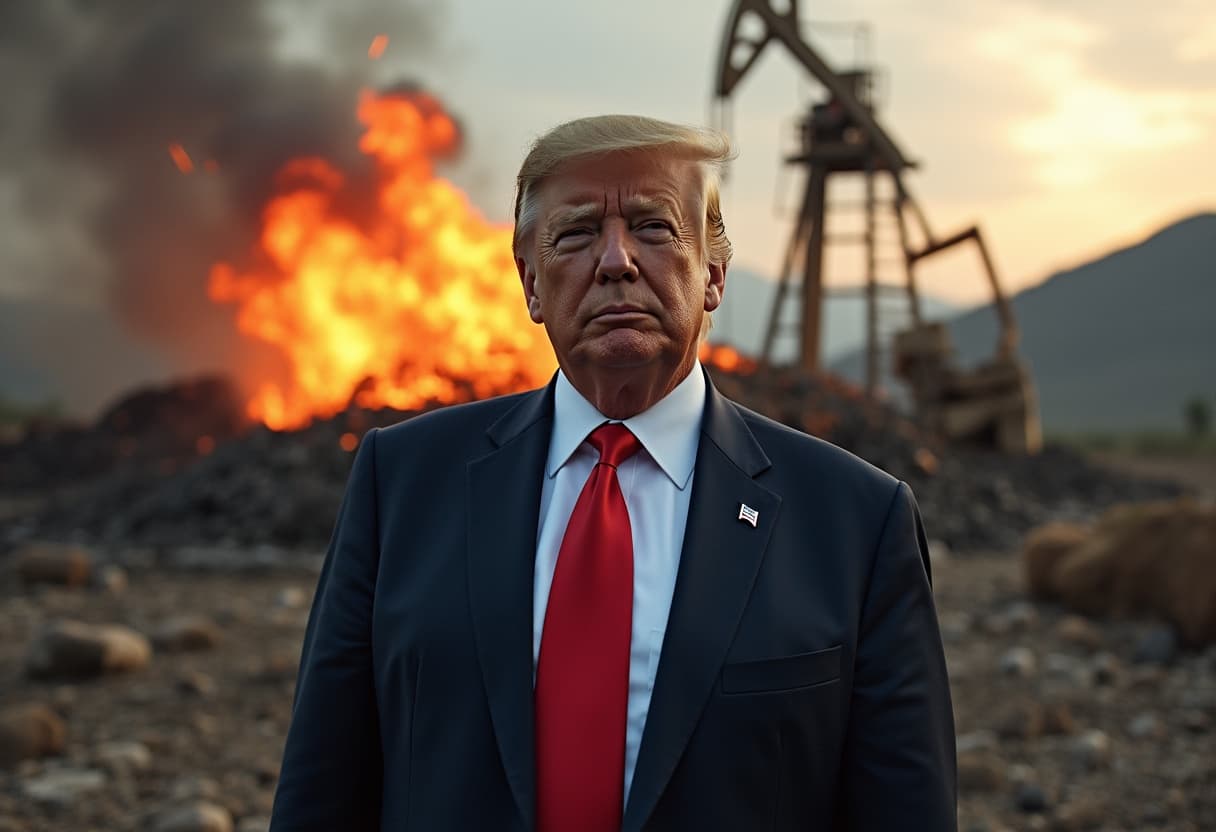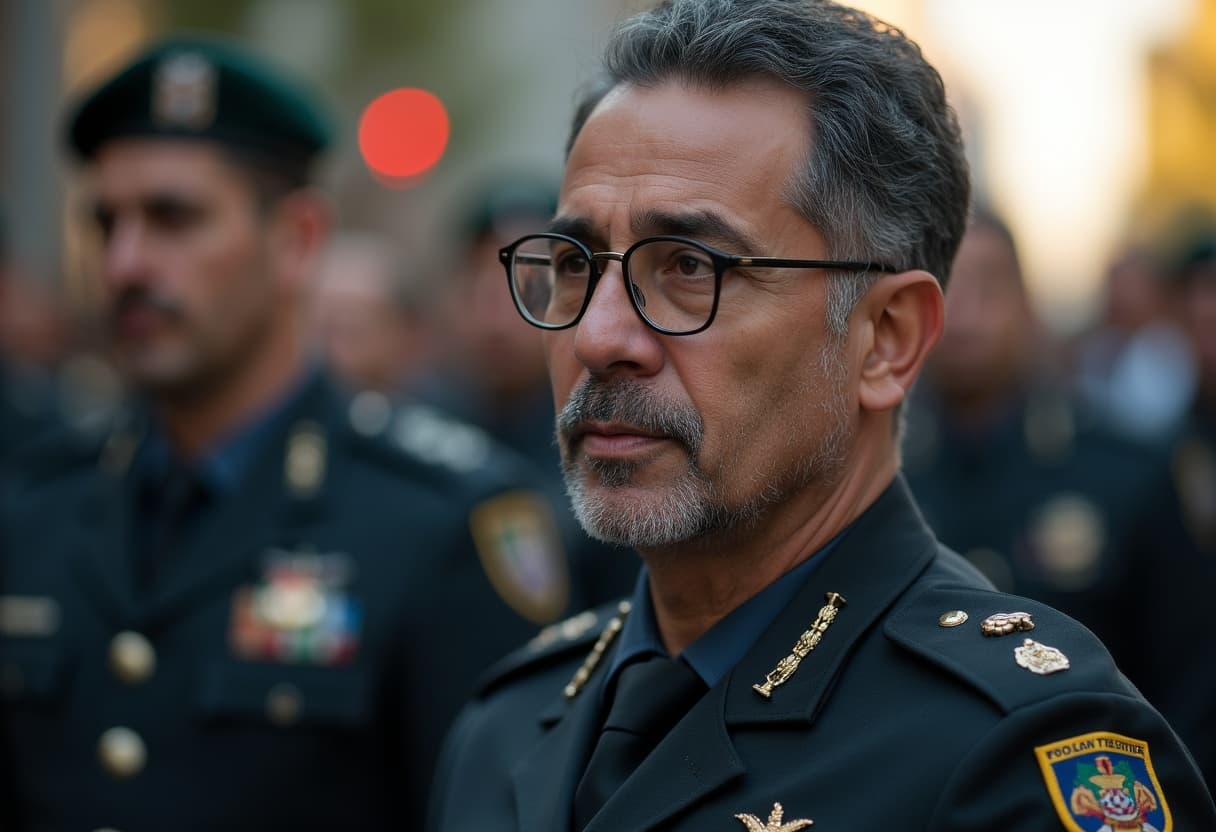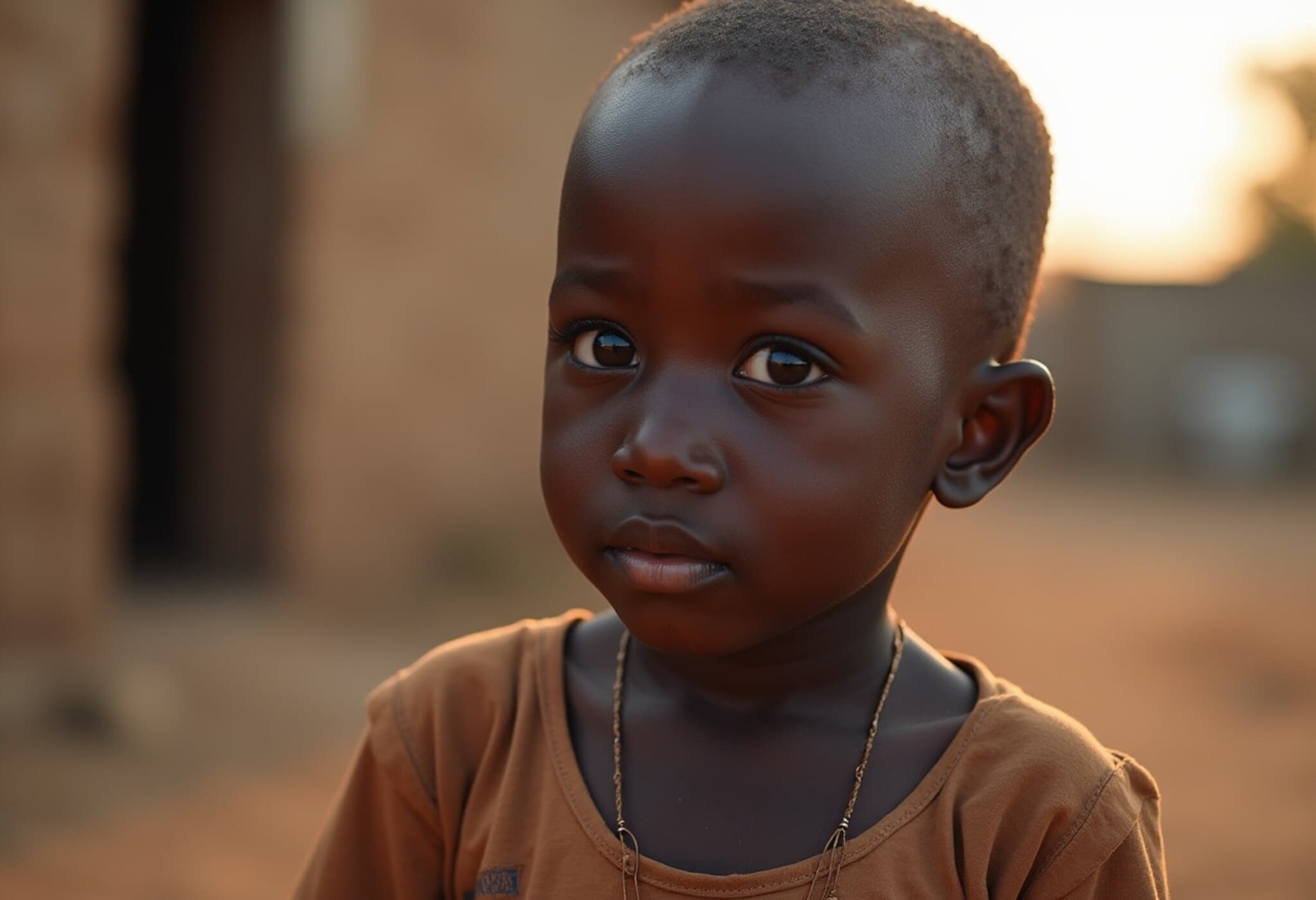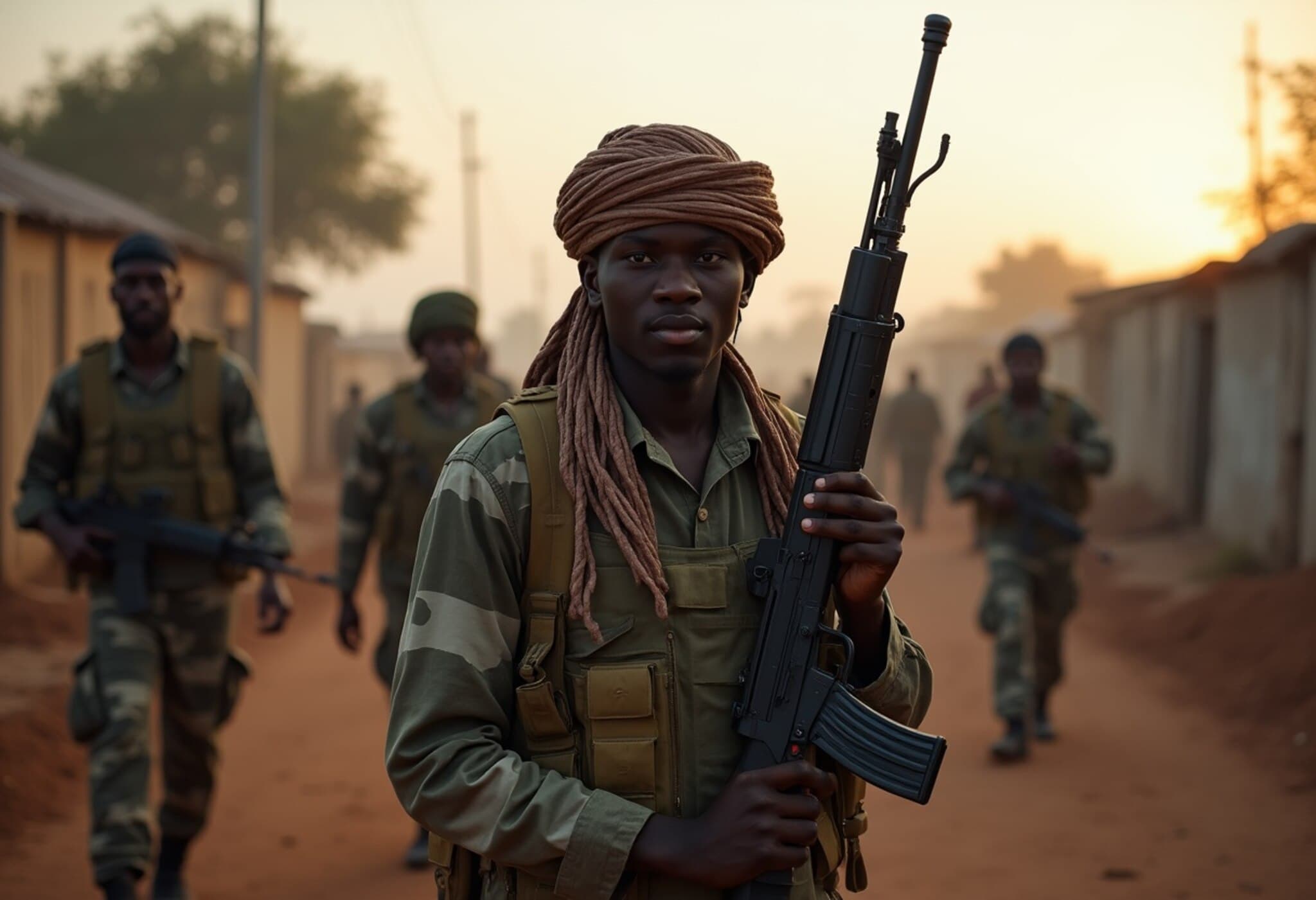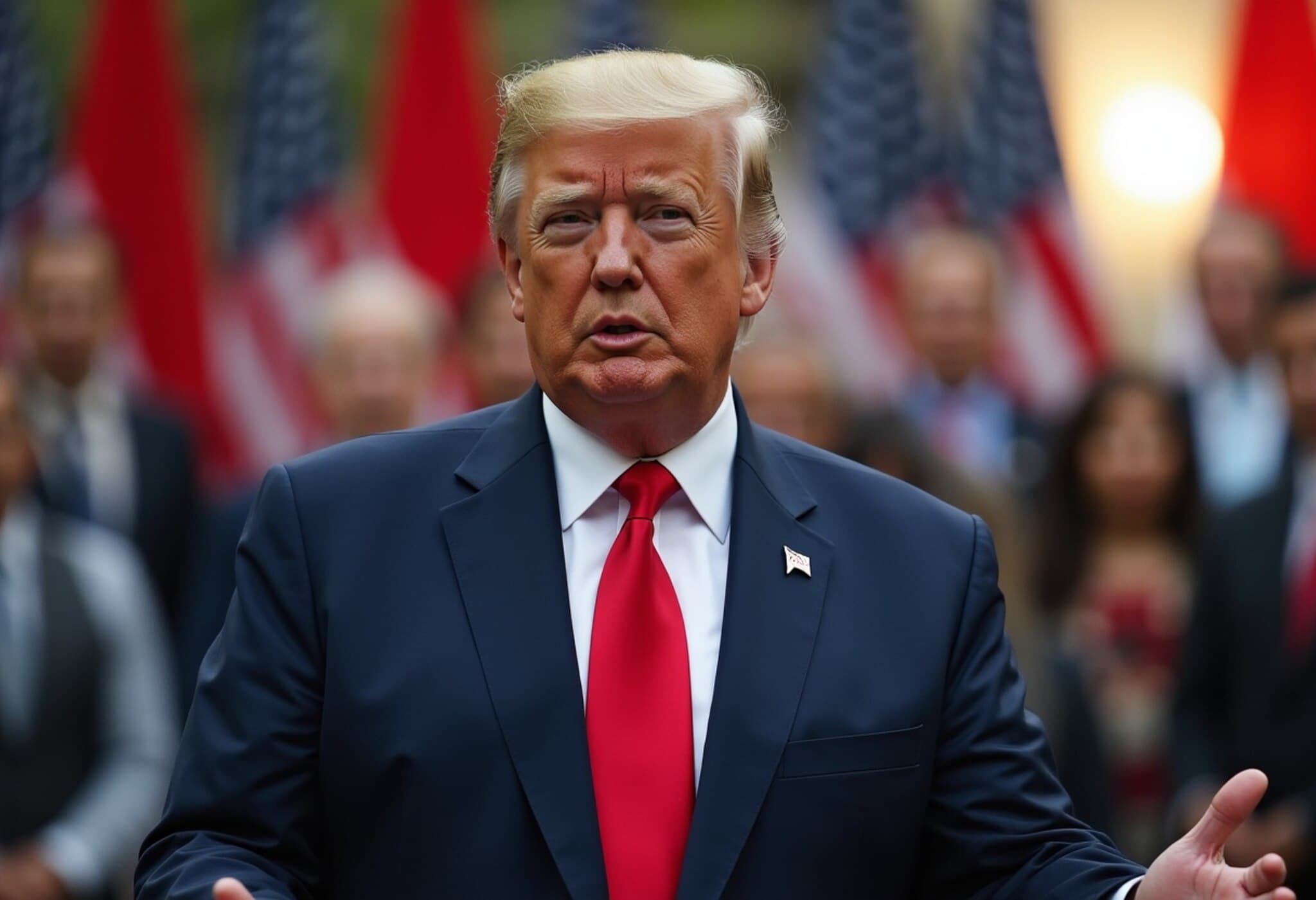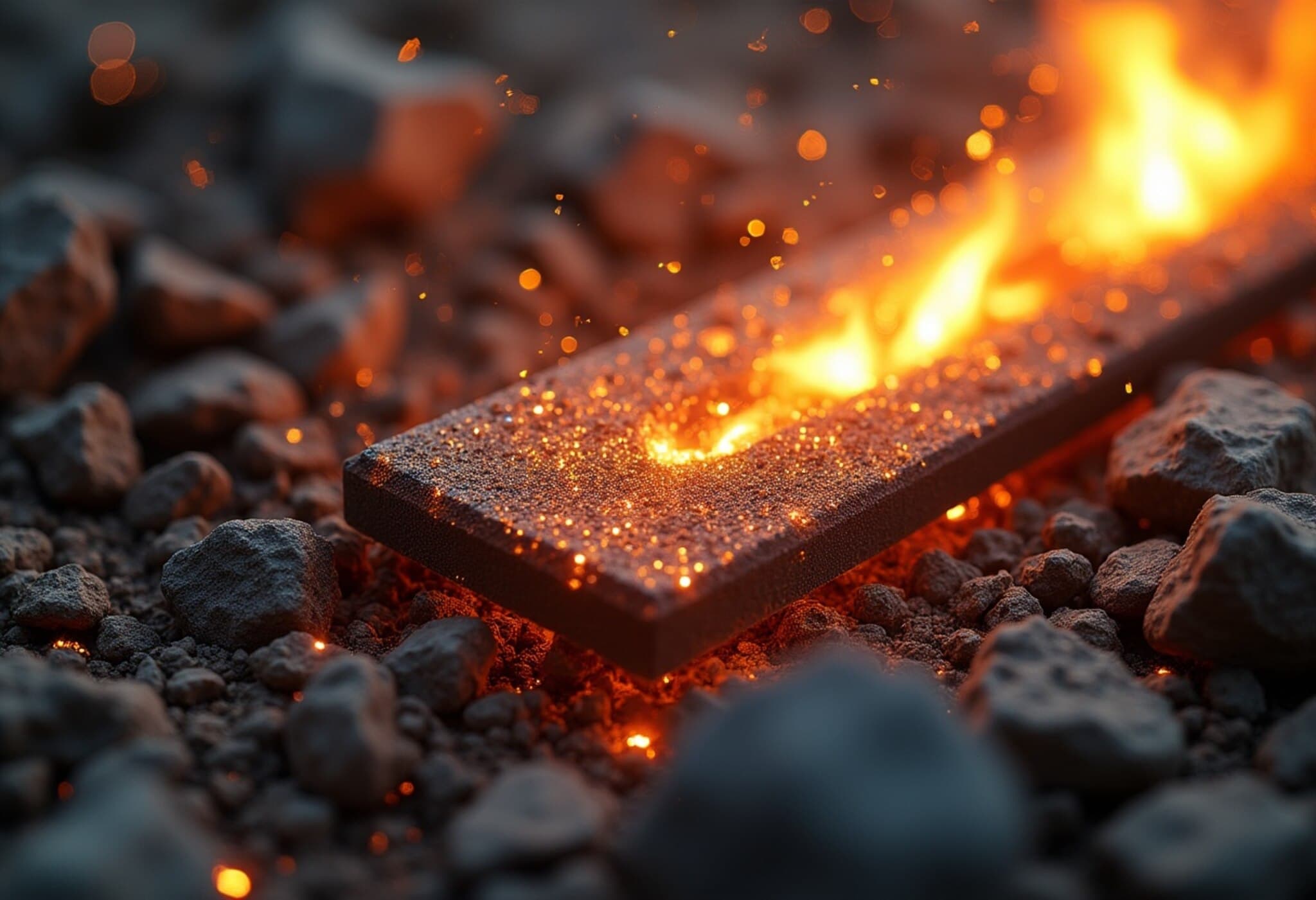Nigeria Mourns as Former President Muhammadu Buhari Is Buried Amid Unprecedented Security
On July 15, 2025, Nigeria bid farewell to its former president, Muhammadu Buhari, in his hometown of Daura, Katsina State, where a tightly controlled funeral was held. The solemn proceedings unfolded against an intensely guarded backdrop, reflecting both the legacy and ongoing complexities surrounding the veteran leader’s life and death.
Funeral Preparations Amid Heightened Security Measures
Buhari’s final resting place was prepared within his family compound in the northwestern town of Daura, a location charged with deep personal and political significance. Tents and chairs were meticulously arranged in the courtyard for mourners, while workers finalized the grave. However, what would generally be a deeply communal occasion became marked by extraordinary security precautions.
A robust deployment of military personnel and police officers sealed off the compound and immediate area. Dozens of uniformed and plainclothes agents patrolled the vicinity, restricting access severely—even for family members. Reports from AFP on the ground revealed that extended relatives, including Buhari’s 78-year-old niece, Fatima Isah, were denied entry, heightening tensions amidst the grief.
A Legacy Sprinkled with Controversy and Security Concerns
Born in 1942, Muhammadu Buhari’s storied career spanned from military ruler in the 1980s to a democratically elected president who served two terms between 2015 and 2023. Known as a former general who repositioned himself as a 'converted democrat,' his tenure was marked by significant ambitions to restore stability and tackle entrenched corruption. Yet, his administration faced criticism for failing to stem the tide of northern Nigeria’s jihadist insurgency and pervasive armed banditry.
The security clampdown at the funeral might be seen as a stark symbol of Nigeria’s enduring struggles. Daura — ordinarily a quiet town — transformed into a security fortress to shield dignitaries and manage crowds, reflecting broader ongoing concerns about safety and political sensitivities in a fragile national context.
Community Reaction and Underreported Dimensions
Despite restrictions, over 300 locals gathered outside the compound to pay respects, underscoring Buhari’s lasting imprint on his homeland. Yet, the exclusion of close family raised challenging questions about the balance between security and respect for grief. Fatima Isah’s wrenching sorrow embodies unspoken narratives of how power, protocol, and family dynamics interact at critical historical moments.
Moreover, the exclusive media access granted only to Nigerian state and Katsina broadcasters highlights ongoing debates over transparency in government-controlled spaces, particularly during nationally sensitive events.
Looking Ahead: What Buhari’s Passing Means for Nigeria’s Political Landscape
Buhari’s death closes a complex chapter in Nigeria’s modern political history. His approach to governance — blending military discipline with democratic rhetoric — continues to influence debates over Nigeria’s path forward. The heightened security at his funeral serves as a reminder that the country remains in a delicate security environment, necessitating thoughtful leadership and unity.
- Key fact: Buhari passed away at 82 in a London clinic earlier that week.
- Security note: Helicopter used to transport Buhari’s remains from Katsina airport to hometown.
- Public sentiment: Mixed reactions from mourning citizens and locked-out family members highlight societal fractures.
Editor’s Note
Former President Muhammadu Buhari’s burial in Daura stands as a poignant moment reflecting Nigeria’s ongoing tensions between tradition, political legacy, and national security challenges. The strict security measures, while perhaps necessary, underscore the country’s fragile stability and raise critical questions about how states manage mourning in high-profile funerals. As Nigeria navigates post-Buhari politics, a closer examination of inclusivity, transparency, and security balancing will be vital for social cohesion and democratic progress.

